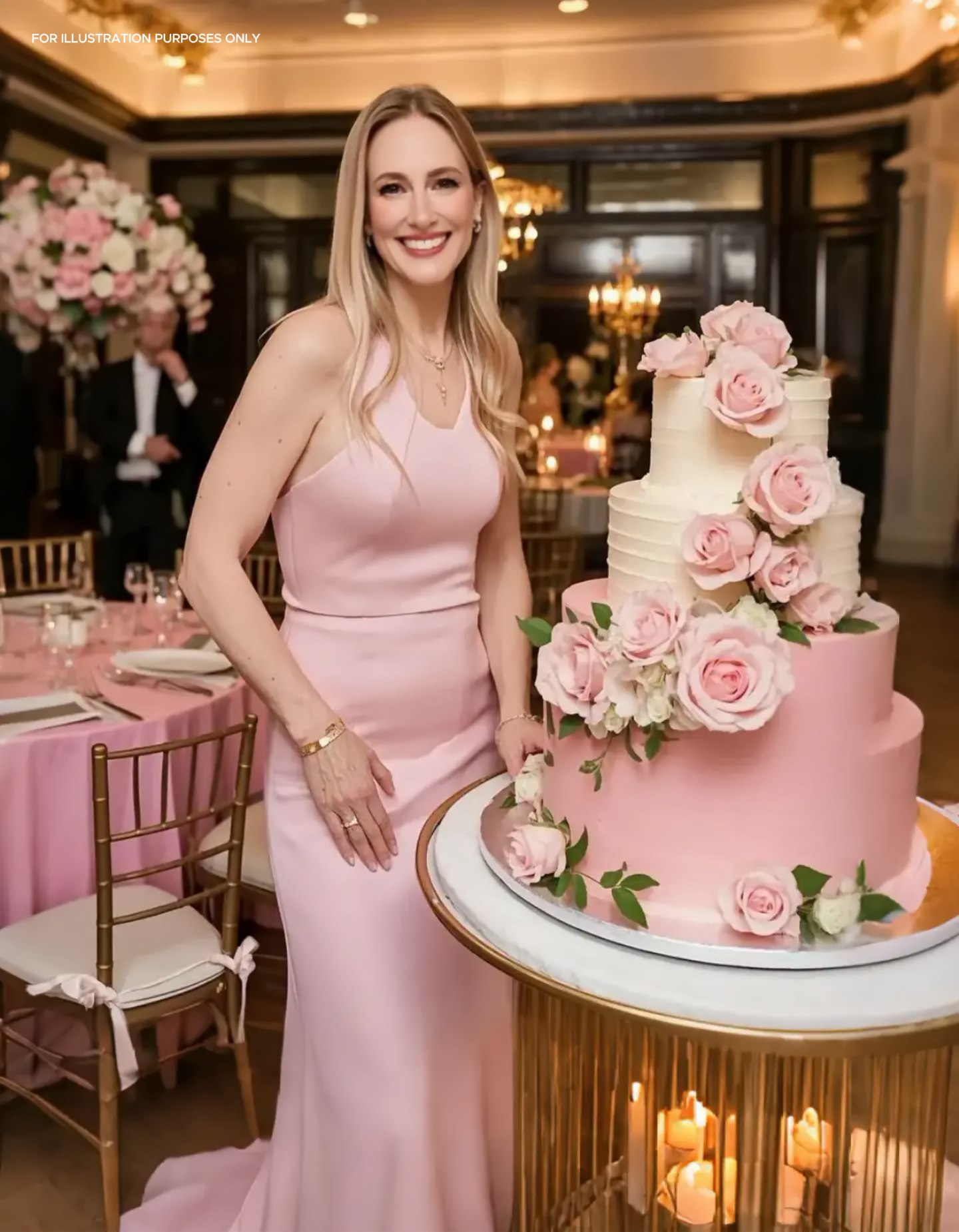You really learn who people are when cake and money mix.
Hi, I’m Emily. I’m 25 and baking is my passion. What started as a weekend hobby turned into something deeper — now I work at a bakery, frosting cakes and layering flavors like love letters. For me, cake is never “just cake.” It’s how I show up for people — whether it’s a birthday, a bad breakup, or just a random Tuesday that needs cheering up.
My family always knew this about me. I never charged them for small personal bakes. Not officially. They’d thank me with flowers, little notes, or gift cards. It wasn’t about the money — it was about feeling seen and appreciated.
That changed when my younger brother, Adam, got engaged.
Adam and Chelsea were only 23 and already diving headfirst into a Pinterest-fueled wedding fantasy. When they asked me to make their wedding cake, I agreed — happily. But I had to be realistic.
“I can’t do this one for free,” I said. “It’s three tiers, for 75 guests. I’ll do it from home, not the bakery, so it’s cheaper for you. But ingredients still cost.”
Adam nodded. “Of course you’ll be paid. That’s fair.”
I quoted them $400 — a bargain compared to the $1200 it would’ve cost through the shop. They agreed. We even did a proper tasting at the bakery, complete with linen and candles. They chose strawberry shortcake. It reminded them of summer.
I spent three days prepping, piping, layering — barely sleeping. I drove the cake to the venue myself, set it up, and stood back with pride. It was the most beautiful thing I’d ever created.
Then they smiled.
Thanked me.
And never paid.
At first, I thought we’d settle it later. But minutes into the reception, Adam pulled me aside.
“Emily, you really expect us to pay you?” he hissed. “You never charge family.”
“This wasn’t cupcakes, Adam,” I said.
Chelsea slipped in beside him, syrup in her voice. “We thought it was a wedding gift. Come on, Em. Be generous. We’re family.”
Before I could answer, someone else did — silently, with a raised brow and pearls around her neck.
Grandma Margaret had overheard everything.
That night, during the speeches, she took the mic with poise only a grandmother can command. She smiled, raised her glass, and dropped a bomb.
“I’d planned to gift Adam and Chelsea a honeymoon in Greece. But I may have to reconsider,” she said softly.
Silence.
She turned her eyes to me. Then to the cake.
“Generosity without gratitude is a poison. Especially in families.”
The room froze. Her words echoed like thunder dressed in velvet.
Later, I found a crumpled envelope in Adam’s hand. He handed it over awkwardly.
“It’s $500,” he mumbled. “I didn’t know how to push back. Chelsea insisted. But it didn’t feel right.”
“You promised to pay,” I replied calmly. “And you treated me like a vendor—until the invoice made you flinch.”
Chelsea joined us soon after, all faux charm and glossed-over apologies.
“It was a misunderstanding,” she chirped.
“No,” I said, cool and clear. “You didn’t misunderstand. You undervalued. You didn’t just steal money — you stole respect.”
Inside the envelope: cash. No note. No sorry. Just guilt paper-wrapped in damage control.
I took it.
“I’m lucky Grandma doesn’t define ‘family’ the way you two do,” I told them.
Back inside, as dessert was being served, Grandma clinked her glass again.
“Let this be a lesson,” she said. “Respect your family. Respect their work. And never mistake love for obligation. If I ever see greed wearing a smile at my table again, I won’t just cancel trips. I’ll cancel trust funds.”
She sat down like nothing happened.
Later, she whispered to me, “Use that trust fund for culinary school. You’re not just baking, sweetheart — you’re building something.”
Adam now remembers my birthday.
Chelsea reposts my baking reels.
At the next family barbecue, she handed me a thank-you card with a spa gift card inside.
“This was good,” she said, nodding toward my brownies. Her voice faltered.
It wasn’t affection. It was calculation.
And maybe fear.
And that?
That felt like justice.
